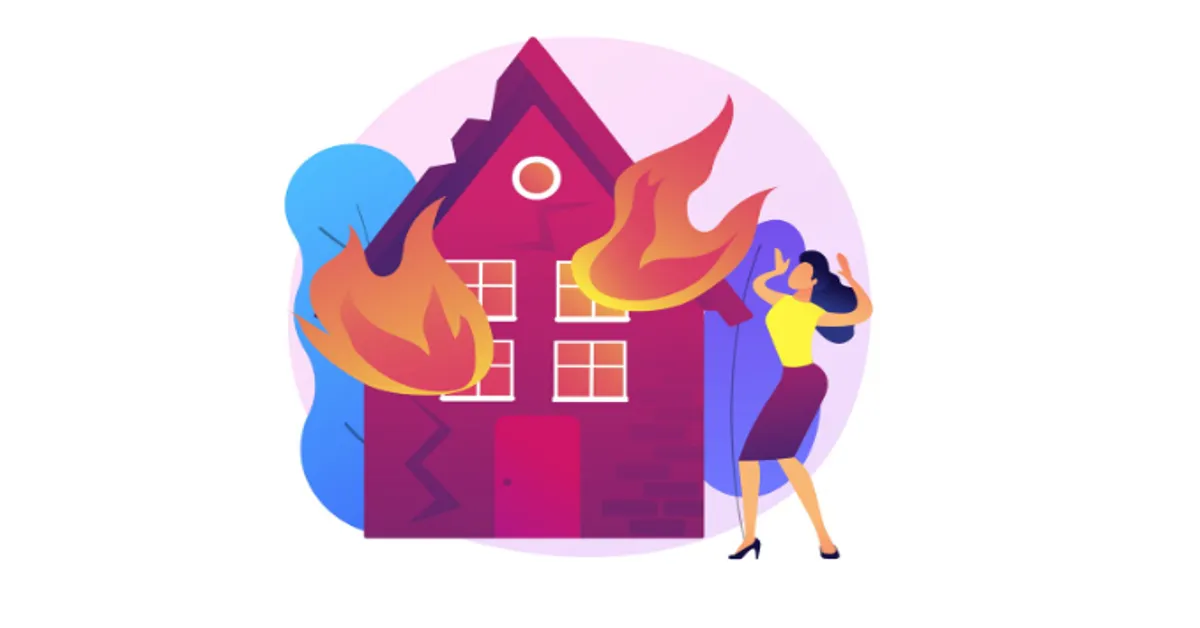A house fire changes everything in an instant. One moment, life feels normal. The next, you’re watching smoke pour from your home, sirens in the distance, and flames swallowing your memories. The sound of crackling wood and shattering glass doesn’t leave your mind easily.
In the middle of that, you still have to make decisions. It’s a lot. But you don’t have to freeze. Safety, recovery, and stability need to come first. In this article, we will go over several steps you need to take after a house fire.
1 – Temporary shelter
After a house fire, one of your first priorities is finding a safe place to stay. Your home may be uninhabitable for days, weeks, or even longer. Smoke damage, structural issues, or lingering hazards like mold or water exposure make it unsafe to remain. Whether you’re waiting for repairs or starting from scratch, you need a roof over your head and you need it quickly.
Many people opt to rent accommodation for short term stays in Toronto or whichever city you’re in. You’ll find furnished spaces that don’t require long leases, which is useful while you’re still sorting out what comes next. Just be sure to confirm the rental terms, refund policies, and what utilities or furnishings are included.
You can reach out to local disaster relief organizations, such as the Red Cross. They often provide emergency shelter or can connect you with local services that help displaced families. Friends and relatives may also offer a room while you get your next steps in order. Don’t hesitate to accept help. This is not the time to manage everything alone.
2 – Notify the right people
After you’ve secured a safe place to stay, the next step is telling the right people what happened. Start with your insurance company. Call them as soon as you can. The sooner they know, the sooner the claims process begins. Be ready to give them a general description of the damage. They’ll ask questions and assign a claims adjuster who will handle your case. Ask about coverage for emergency expenses, temporary housing, and what documentation you’ll need.
You also need to contact utility companies. Cancel or pause services like electricity, gas, internet, and water. This helps avoid ongoing charges and prevents safety risks. If your property is boarded up or under repair, active services can create new hazards.
3 – Decide on your future
At some point after the fire, you’ll need to decide whether to rebuild your home or move on. This decision doesn’t come easily. The damage might be covered by insurance, but that doesn’t mean the process will be simple or fast. You need to consider more than just money.
Rebuilding can take months. You’ll deal with permits, contractors, inspections, and delays. If your home had major structural damage, the timeline could stretch even longer. Before moving forward, get detailed estimates from licensed professionals. Compare those costs to your insurance payout and your savings. Don’t rely on guesses. You need clear numbers to make a solid decision.

